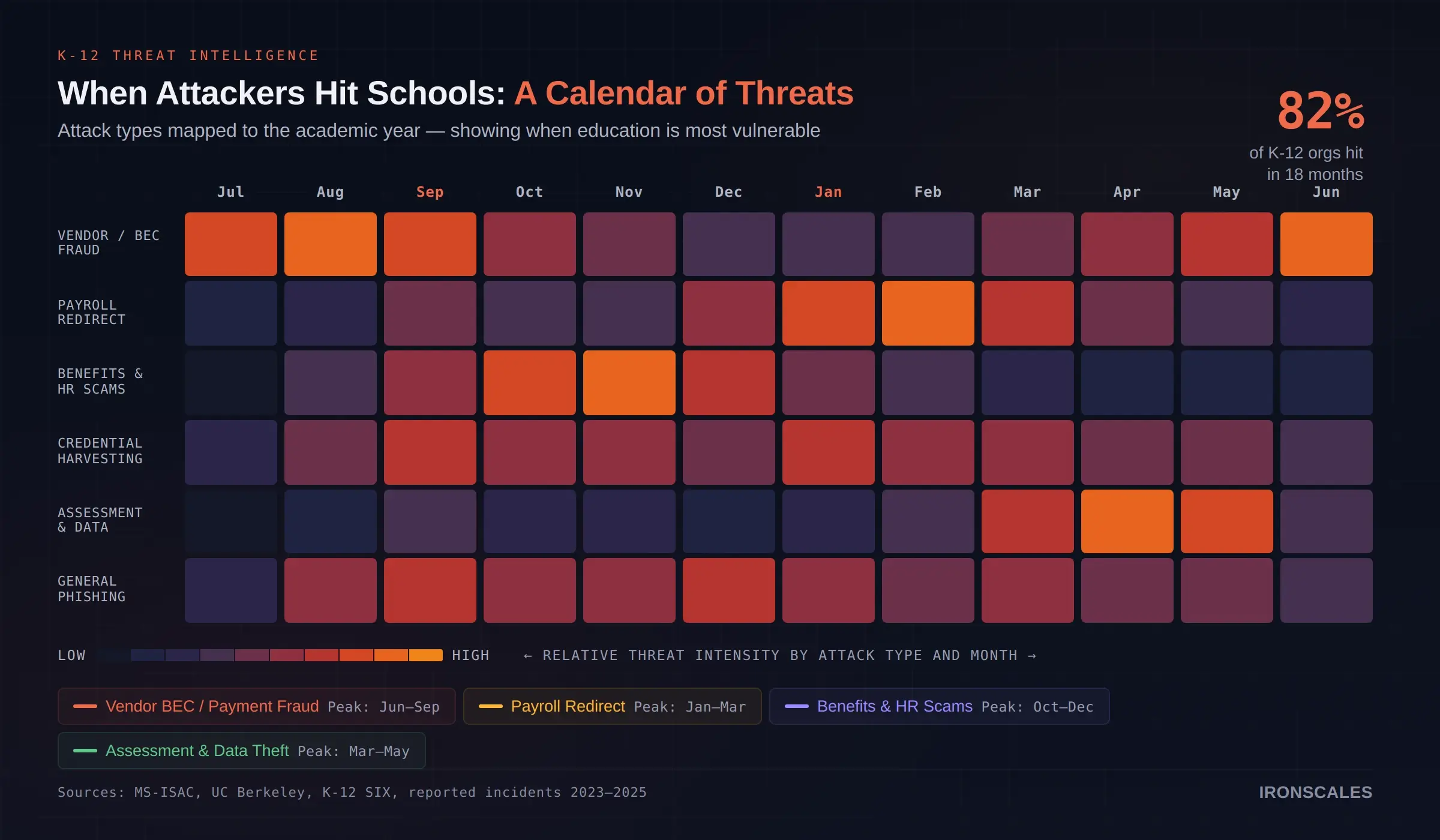Table of Contents
Artificial intelligence (AI) is revolutionizing various domains with its ability to learn, adapt, and evolve in response to new information and changing environments. One crucial element in creating highly adaptive AI systems is real-time user feedback, which helps AI systems understand user needs and preferences, making them more effective and efficient.
In this blog, we will explore the importance of real-time user feedback for highly adaptive AI and examine phishing email detection as a specific domain where user feedback plays a critical role in enhancing AI performance.
The Role of Real-Time User Feedback in Adaptive AI
Real-time user feedback is essential for achieving highly adaptive AI systems for several reasons:
- Continuous improvement: By providing real-time feedback, users help AI systems learn from their mistakes and successes, enabling them to refine their algorithms and improve their performance continually.
- Personalization: User feedback allows AI systems to understand individual user preferences and needs better, enabling them to provide personalized experiences and tailored recommendations.
- Adapting to changing environments: Real-time feedback helps AI systems stay up-to-date with current trends, user behavior, and new challenges, ensuring they remain effective and relevant in dynamic environments.
- Reducing false positives and negatives: User feedback can help AI systems identify false positives and negatives, which are common challenges in many AI applications. This, in turn, enhances the system's accuracy and effectiveness.
Phishing Email Detection: A Case Study
Phishing emails are a prevalent cybersecurity threat that relies on social engineering to deceive users into revealing sensitive information or downloading malicious software. AI-based phishing email detection systems have shown great promise in identifying and blocking these threats. However, attackers are continuously adapting their tactics, making it challenging for static AI systems to keep up.
Other real-world examples
AI systems, especially those based on machine learning, rely heavily on the quality and scope of the data they are trained on. If the historical training data is biased, limited, or outdated, the AI's performance may be suboptimal or even harmful. This is why real-time user feedback and continuous adaptation are crucial for ensuring AI systems remain up-to-date and effective in their applications.
Real-time user feedback enables AI systems to better understand the user's preferences, habits, and context, allowing them to provide more accurate and personalized recommendations or support. This iterative learning process helps AI systems become smarter and more effective as they interact with the user, continually refining their algorithms and knowledge base to suit the user's needs and expectations better.
A market analogy for this adaptive learning process can be found in ChatGPT's interactions with users. As ChatGPT communicates with a user, it learns their preferences, communication style, and topics of interest, becoming more proficient in providing tailored responses and engaging in meaningful conversations. Similarly, a smart home device like Google Nest learns and adapts to the habits and preferences of the people living in the home. As it gathers data on temperature preferences, daily routines, and energy usage patterns, it can optimize its operation to provide a more comfortable and energy-efficient environment.
In both examples, the AI systems rely on ongoing user feedback and real-time data to continuously update their understanding and performance. This adaptive learning process is essential for ensuring that AI systems remain relevant, effective, and responsive to the ever-changing needs of the users and the dynamic world they operate in.
The Importance of User Feedback and Human Insights
Real-time user feedback is crucial in this domain for several reasons:
- Rapid adaptation: Phishing attacks evolve quickly, with new techniques and strategies emerging regularly. Real-time user feedback helps AI systems adapt to these changes, ensuring they detect and block threats effectively.
- Reducing false positives and negatives: User feedback enables AI systems to identify phishing emails that may have been missed or incorrectly flagged as threats, helping to refine their detection algorithms and reduce false positives and negatives.
- Enhancing the training dataset: Real-time user feedback provides valuable data for training AI systems. This diverse and up-to-date dataset helps improve the system's overall performance and adaptability.
- Building trust: By incorporating user feedback, AI systems become more transparent and accountable, fostering trust between users and the technology.
Real-time user feedback is essential for developing highly adaptive AI systems that tackle complex and dynamic challenges like phishing email detection. By leveraging user feedback, AI systems can continuously learn, adapt, and evolve, providing more accurate, personalized, and effective solutions to the challenges they are designed to address. As AI continues to advance, it is crucial to prioritize real-time user feedback to maximize the potential of this transformative technology.
Request a demo to learn how IRONSCALES combines AI and human insights to protect enterprise organizations from advanced threats.
Explore More Articles
Say goodbye to Phishing, BEC, and QR code attacks. Our Adaptive AI automatically learns and evolves to keep your employees safe from email attacks.

/Concentrix%20Case%20Study.webp?width=568&height=326&name=Concentrix%20Case%20Study.webp)










.webp?width=100&height=100&name=PXL_20220517_081122781%20(1).webp)





